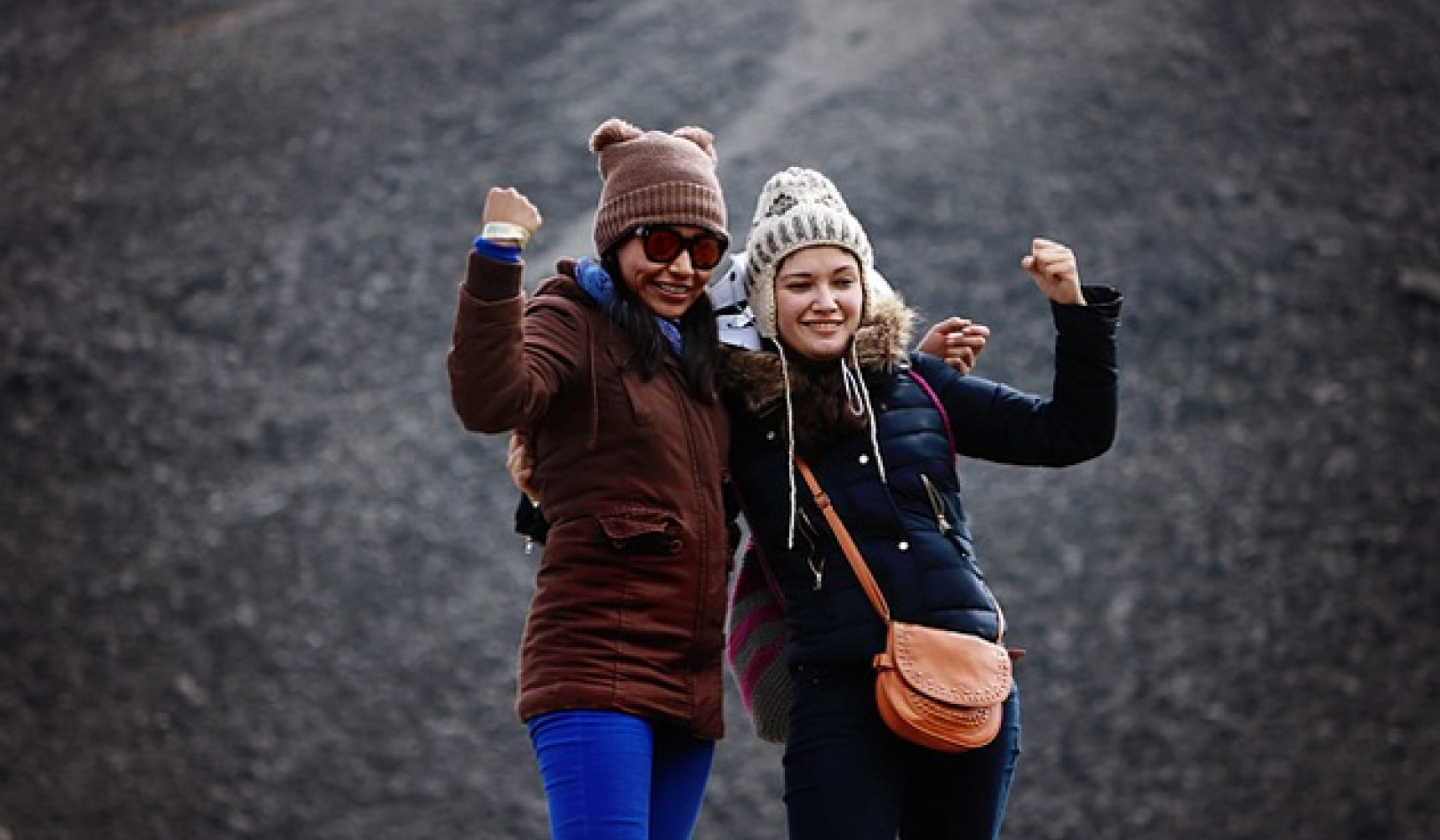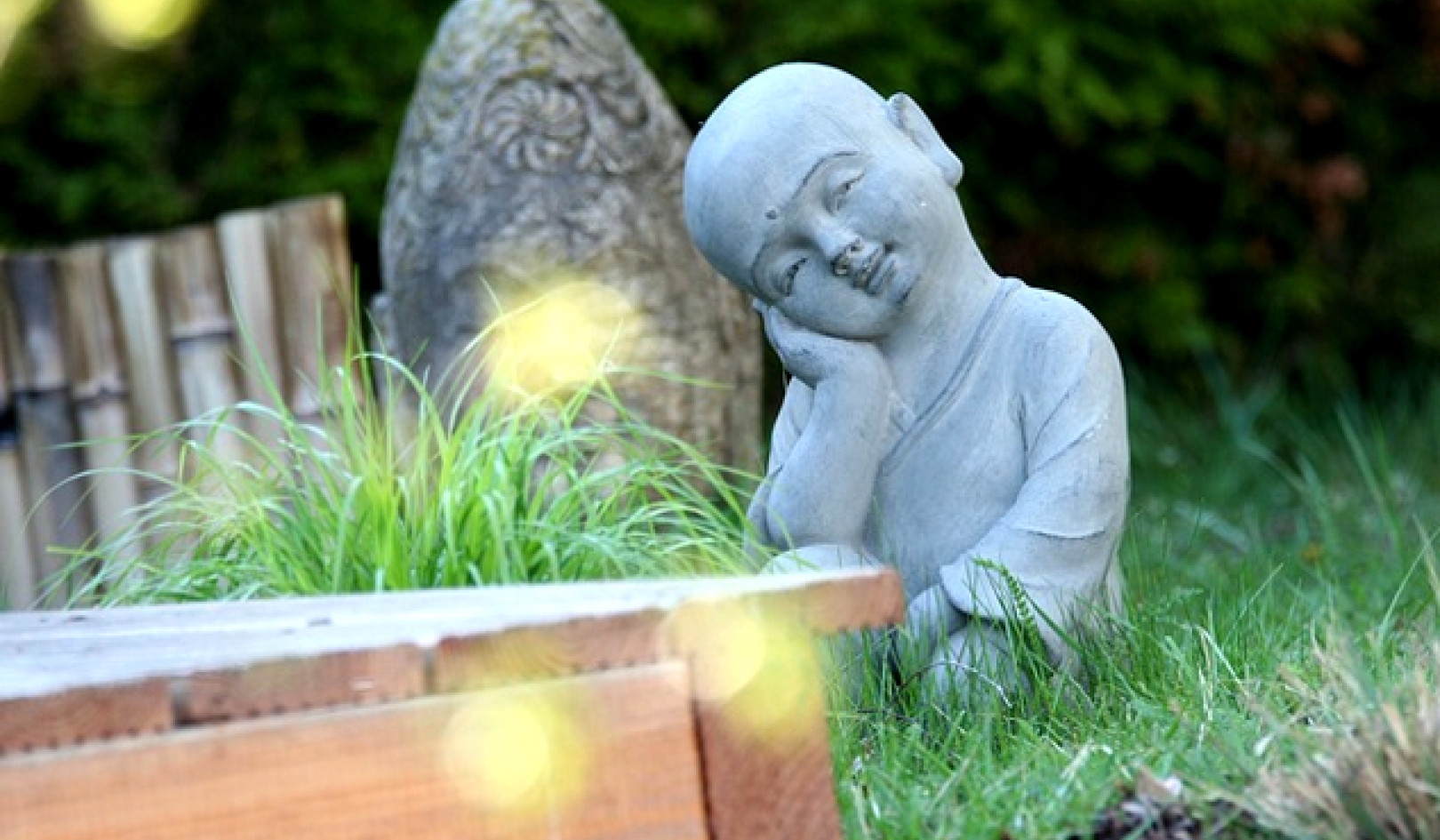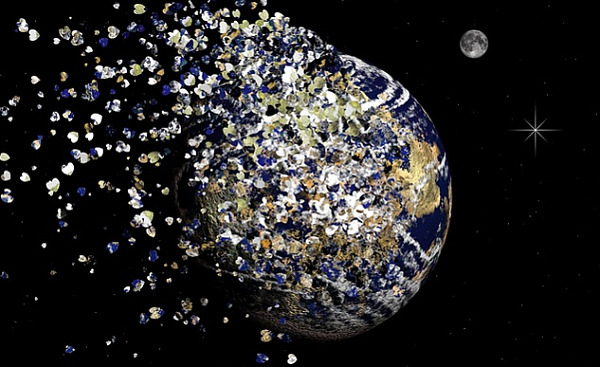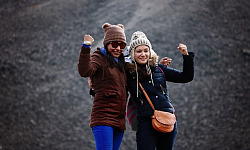
InnerSelf's Daily Inspiration: April 26-27-28, 2024
The Daily Inspiration is a short message to help set the tone for the day. It is linked to a longer article for additional insights and inspiration.

From Punk to Monk: Keeping Things in Perspective
I didn’t go to India to put on a Hindu costume; I got into Vedic teachings to uncover all the costumes I’d been wearing and to find out what I was at my core. The sacred literature of India...

Happier Neighborhoods Start Right in the Front Yard
Front yards are a staple of many American neighborhoods. But to what extent do yards serve as a window into the people who tend them – and how they feel about their home, neighborhood and...

Are Our Fears of Saying ‘No’ Overblown?
Everyone has been there. You get invited to something that you absolutely do not want to attend – a holiday party, a family cookout, an expensive trip. But doubts and anxieties creep into your...

InnerSelf's Daily Inspiration: April 25, 2024
The Daily Inspiration is a short message to help set the tone for the day. It is linked to a longer article for additional insights and inspiration.

How to Navigate the Journey of Your Personal Awakening
The path of awakening is different for everyone, and the truth is that there is no set path, as each and every one of us is unique. In the same way, no two people will require the same level of...

'Oppenheimer' -- the Lack of Moral Principles and the Presence of Partial Truths
The Academy Awards celebrated the film version of Oppenheimer's life – it took home seven Oscars – yet it dismally failed to address his decisive role in the decision to drop the bomb on...
Available Languages
MOST READ
Thriving in Retirement: Overcome Fear and Find Fulfilling Hobbies
Retirement can be an exciting but also scary prospect for many. How you fill your time is totally up to you, but with so many choices it…
Wellness - and Living Your Best Life - Starts at Home
As an interior designer, I focused my process on first understanding how people felt in their homes, and how they wanted to function there…
Why the "Gentleman" Archetype Continues to Captivate in Modern Media
Netflix’s new drama shows we’re still drawn to the concept of ‘gentlemen’. Psychology explains why.
We’re at the Tip of the Subtle Energy Iceberg
We cannot progress as a civilization, even as a species, without the understanding and knowledge of subtle energy. And, importantly, most…
Why Relying Totally on AI Could Weaken Our Ability to Decide
The hidden risk of letting AI decide – losing the skills to choose for ourselves...
How To Celebrate Earth’s “Birthday” and Make It About Her, Not Us
Today is Earth Day, but it’s one of the most confused and misguided celebratory days of the year. The UN refers to this day as the…
What Is Biofield Science and Why Has It Been Ignored by Western Medicine?
Western medicine is the world’s only medical tradition that does not harness an invisible healing force or energy. In the East, there is…
Breakfast and School Success: The Surprising Link Revealed
Our research suggests eating an unhealthy breakfast could have a similar effect on your child’s school day as having nothing at all.
MOST WATCHED
Wellness - and Living Your Best Life - Starts at Home
As an interior designer, I focused my process on first understanding how people felt in their homes, and how they wanted to function there…
Why the "Gentleman" Archetype Continues to Captivate in Modern Media
Netflix’s new drama shows we’re still drawn to the concept of ‘gentlemen’. Psychology explains why.
We’re at the Tip of the Subtle Energy Iceberg
We cannot progress as a civilization, even as a species, without the understanding and knowledge of subtle energy. And, importantly, most…
What Is Biofield Science and Why Has It Been Ignored by Western Medicine?
Western medicine is the world’s only medical tradition that does not harness an invisible healing force or energy. In the East, there is…
Tackling the Microbial Minefield of Gym Hygiene
Gym hygiene guide: the dangerous bacteria that lurk in dirty fitness equipment and clothes...
Astrological Overview and Horoscope: April 15 - 21, 2024
This weekly astrological journal is based on planetary influences, and offers perspectives and insights to assist you in making the best…
The Radical Act of Weaving Intuitive Eating and Intellect
In 1995, nutrition therapists Elyse Resch and Evelyn Tribole wrote one of the first books on the concept of intuitive eating. That book…
Astrological Overview and Horoscope: April 22 - 28, 2024
This weekly astrological journal is based on planetary influences, and offers perspectives and insights to assist you in making the best…
























